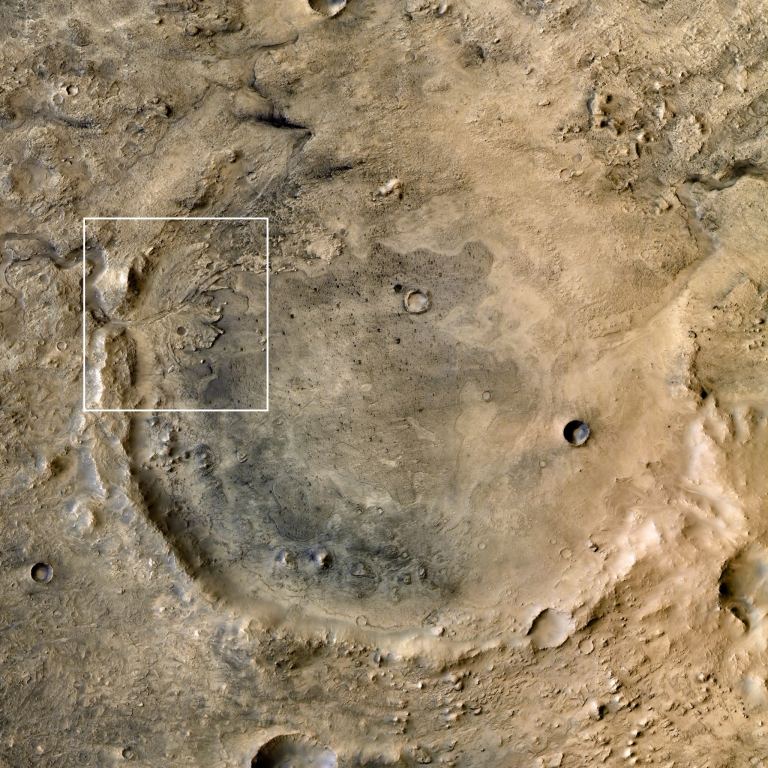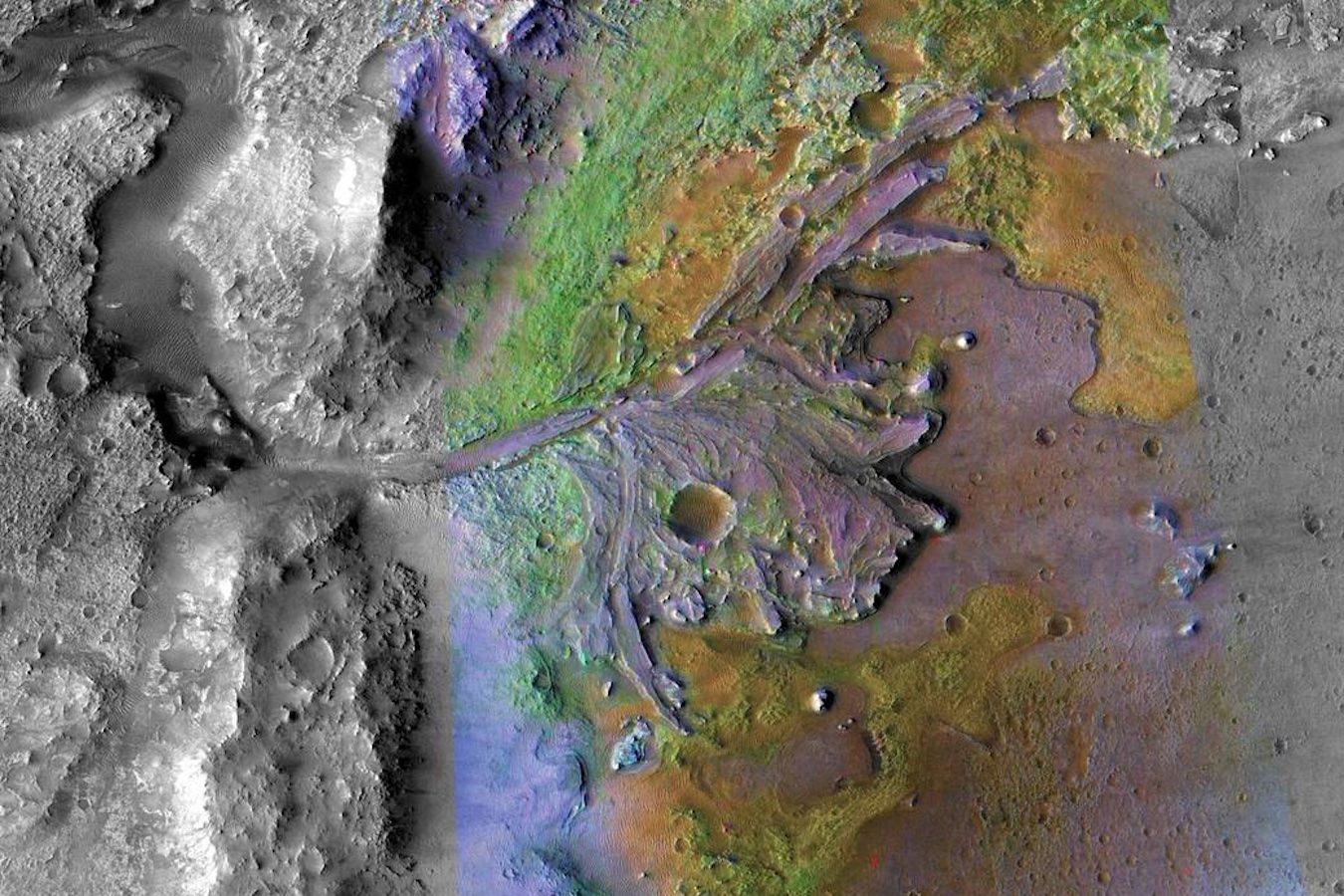A new study shows exciting results about the Jezero crater on Mars, where the Perseverance rover is currently located. But the rover has not yet found evidence of life on the Red Planet.

The Jezero crater is the most interesting place on Mars, and it was deliberately chosen for Perseverance research, since this place is a potential source for searching for evidence of the existence of microbial life billions of years ago. A special feature of the crater is its large and deep delta. It is believed that the ancient lake existed in the crater for a very long time — which would make it a hospitable place for the origin of life. New research confirmed that there was indeed a lake in this area, but did not say anything about whether life existed there.

The difficulty in understanding the history of this region lies in the fact that scientists have worked mainly with orbital data, which can tell very little.
Lead researcher David A. Paige from the University of California, Los Angeles, and his team used a Perseverance instrument called the Radar Imager for Mars’ Subsurface Experiment, or RIMFAX, to look under the surface of the planet. Using this radar, they can see reflections underground at a depth of about 20 meters. From these reflections, they can determine how thick a particular layer is and what it consists of.
These data show layers in the delta rock, with two layers of sediment between the erosion layers. This indicates that some time ago there was a barren rock there, and then a lake appeared, which deposited sediment. At some point, the lake level dropped low enough for even more erosion to occur before it filled up again. Taken together, this evidence suggests that there was definitely a lake here, increasing the chances that life could potentially develop in this region.

“The changes we see preserved in the rock record are driven by large-scale changes in the Martian environment. It’s cool that we can see so much evidence of change in such a small geographic area, which allows us to extend our findings to the scale of the entire crater,” Paige said.
Earlier, we reported on how scientists found giant ice deposits on Mars.
According to science.org
Follow us on Twitter to get the most interesting space news in time
https://twitter.com/ust_magazin


